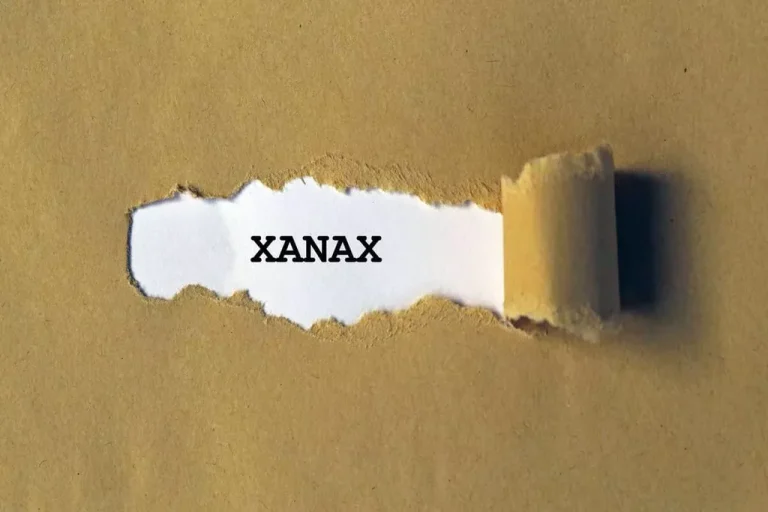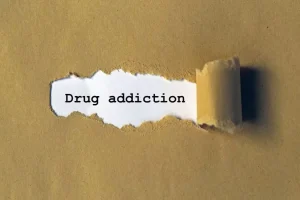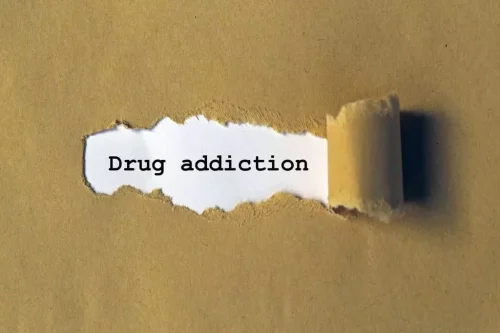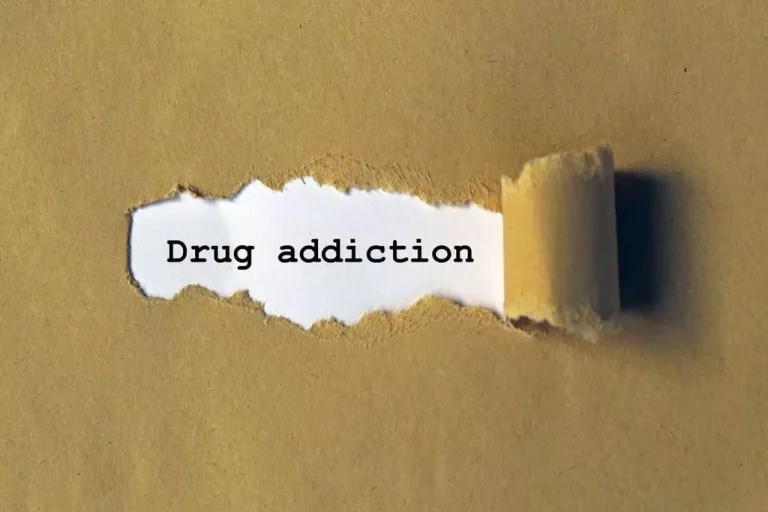
Your healthcare provider will recommend and encourage treatment for alcohol use disorder. For mild alcohol withdrawal that’s not at risk of worsening, your provider may prescribe carbamazepine or gabapentin to help with symptoms. But treatment varies based on alcohol withdrawal syndrome symptoms the severity of alcohol withdrawal and the likelihood that it could progress to severe or complicated withdrawal. Symptoms of alcohol withdrawal tend to peak 24 to 72 hours after your last drink. It affects about 50% of people with alcohol use disorder who stop or significantly decrease their alcohol intake.

How is delirium tremens diagnosed?

If you’re experiencing alcohol withdrawal, your body might be going through an array of uncomfortable physical and mental changes. This is sometimes referred to as protracted or post-acute alcohol withdrawal (PAW), though it’s not recognized in DSM-5. It’s estimated that about 75% of people following acute alcohol withdrawal experience prolonged symptoms.

Tips for symptom management and prevention
- The first symptoms—and maybe the only symptoms—you experience may resemble a bad hangover.
- In other words, even once the worst is over, it might still take you a few days to feel better.
- The most prescribed benzodiazepine is chlordiazepoxide, which is only available as a generic in the United States.
- Symptoms of acute alcohol withdrawal range from headaches and sleeping problems to high blood pressure, body temperature, seizures, and even death.
- Each of these symptoms can increase in intensity depending on the severity of the withdrawal.
The symptoms of alcohol withdrawal will typically begin within 6–12 hours of stopping drinking alcohol. Symptoms of alcohol withdrawal can occur as early as a few hours after a person’s last drink. For some, these symptoms may peak within the first 24–48 hours after alcohol cessation, but they may continue after this point in others. And while symptoms generally improve within 5 days, some may experience prolonged symptoms. People with alcohol use disorder should be monitored by a medical professional when withdrawing from alcohol.
Medical Professionals
Sian Ferguson is a freelance health and cannabis writer based in Cape Town, South Africa. She’s passionate about empowering readers to take care of their mental and physical health through science-based, empathetically delivered information. Taking care of your basic needs is a good way to avoid worsening your mental and physical symptoms. Some sources report that PAWS symptoms for morphine users usually start between 6 to 9 weeks after the acute withdrawal phase and persist until 26 to 30 weeks. Often used to treat anxiety and insomnia, benzodiazepines include drugs like alprazolam (Xanax, Xanax XR), clonazepam (Klonopin), and diazepam (Valium). While effective at treating a number of symptoms, benzodiazepine withdrawal can be uncomfortable.
- Alcohol withdrawal is a natural physical response your body goes through when trying to break an alcohol dependence.
- People in recovery continue to report the benefits of not drinking alcohol after 13 days of abstinence.
- But if you’ve gone through alcohol withdrawal once, you’re more likely to go through it again the next time you call it quits.
- Alcohol withdrawal syndrome (AWS) describes a broad range of symptoms a person with AUD may experience when reducing or stopping alcohol misuse.
“Feeling a bit better. Luckily, my biggest withdrawals are insomnia and very itchy skin all over (face, arms, legs, back.) One concern I have is my swollen abdomen.” “It’s been really tough, constant inner voice trying to persuade me just the one-night drinking again would be OK. I have just had to surf the urges, keep busy, and use https://ecosoberhouse.com/ all my strength.” “When I was heaving my guts out, I knew something else was going on. I called my doctor, and she sent me to the ER for fluids and blood tests.” “Went from shaky to wanting to scream all day. I almost talked myself into ‘just one more’ several times, but somehow made it through.” “My worst symptoms so far seem to be lightheadedness, minor irritability, and insomnia.” For many, it’s very difficult to get past the third day of unrelenting shakes and sweats without picking up a drink.

